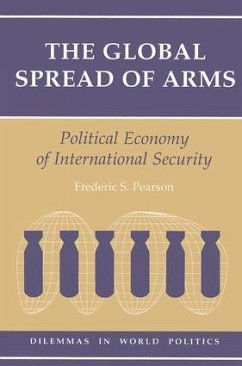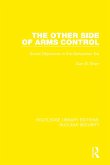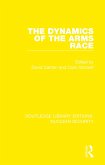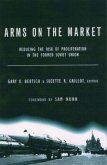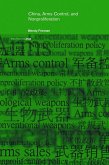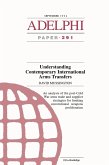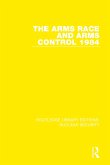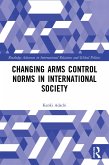Political Economy of International Security.The end of the cold war between the United States and the USSR seemed to usher in a moment of opportunity for peace in 1990. Major power leaders in Washington and European capitals even began speaking about the creation of global institutions to keep the peace and establish a 'new order, ' including controls on the spread of armament. Indeed, major powers in world politics share certain interests in controlling events in various regions and preventing unwanted developments and actions. When weapons become widely available to many governments and political groups (such as terrorists), attaining such control or order (often referred to as stability) is more difficult.
Hinweis: Dieser Artikel kann nur an eine deutsche Lieferadresse ausgeliefert werden.
Hinweis: Dieser Artikel kann nur an eine deutsche Lieferadresse ausgeliefert werden.
